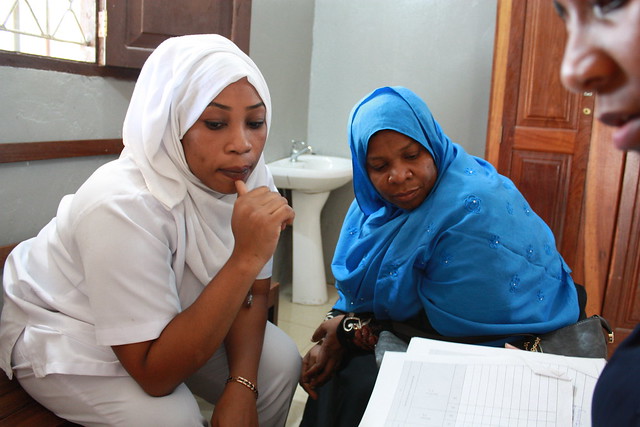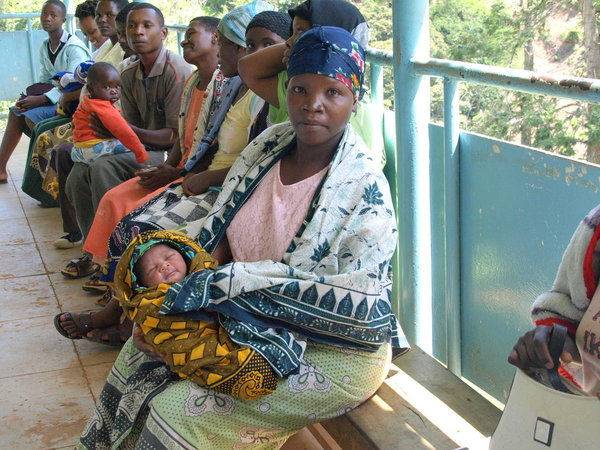
Bringing Eyeglasses to the Masses in Africa
An ambitious CCP proposal to bring eyeglasses to people who need them in four African countries is in the running for a $100 million grant from the John D. and Catherine T. MacArthur Foundation.

An ambitious CCP proposal to bring eyeglasses to people who need them in four African countries is in the running for a $100 million grant from the John D. and Catherine T. MacArthur Foundation.

Over the past five years, CCP has helped deliver 55 million insecticide-treated bed nets, initiated a game-changing new way to distribute them more efficiently and fundamentally altered the way that experts look at mosquito net access and use.

A dashboard created by a CCP project in concert with the Tanzanian government has saved time and money and made it much easier to distribute needed insecticide-treated mosquito nets to protect families across the East African nation from malaria.

A new CCP-led study found that targeting men, travelers and seasonal workers could accelerate elimination of malaria in Zanzibar.

“People who live along the lake don’t fish with mosquito nets because they want to,” says CCP’s Sara Berthe. “They do it because they are poor and hungry and mosquito nets are readily available.”

CCP’s David Alexander gave a crash course at ICFP2018 in how to conduct interviews and capture photographs like those featured on the FPVoices website.

A CCP-led advocacy program in Tanzania used data outlining the high costs of paying for health care for pregnant women and young children to convince the nation’s leading private health insurer to begin covering the costs of modern contraception.

“If you really want to eliminate malaria, you have to look at what’s causing the remaining malaria cases once you have good prevention tools in place,” says CCP’s April Monroe.

“The idea of replacing mass campaigns with yearly school net distributions was pretty revolutionary, frankly,” says CCP’s Hannah Koenker. “It hadn’t ever been tried on such a large scale.”

Videos released for World Malaria Day tell the stories of the people who CCP’s VectorWorks project and the Tanzanian government rely on to help them prevent malaria.
Receive the latest news and updates, tools, events and job postings in your inbox every month